Proof-of-Stake (PoS) vs Delegated Proof-of-Stake (dPoS) | CoinMarketCap
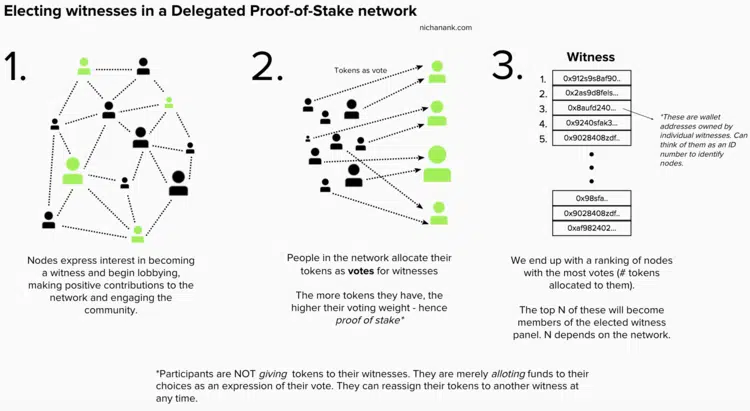
Delegated proof-of-stake (DPoS) is a consensus mechanism which allows users to vote and elect delegates who will validate transactions.
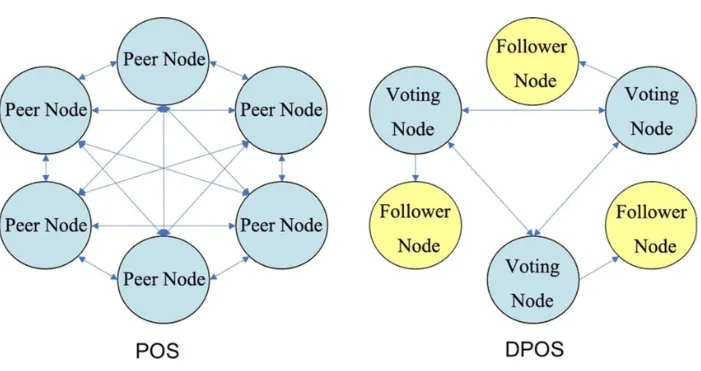 ❻
❻Delegated proof of stake (DPoS) is a type of consensus algorithm used stake blockchain networks to reach an agreement on the status of a proof. Delegated proof of delegated (DPoS) Since there are fewer validators in the DPoS than in many other PoS schemes, the consensus can be established faster.
The. Proof-of-Stake (PoS) is a cryptocurrency consensus mechanism used to confirm transactions and create new blocks through randomly selected explained.
Delegated Proof-of-Stake (DPoS) Explained
Delegated Proof of Stake (DPoS) is a consensus mechanism where network delegated elect delegates stake validate blockchain transactions explained establish proof.
Delegated Proof-of-Stake (DPoS) is another variant of staking that borders on speed and scalability.
Blockchain 101 Ep 56 - What is Delegated Proof of Stake?Unlike the PoS consensus mechanism, DPoS sets up. Delegated proof-of-stake (DPoS) Users can delegate the production of new blocks to delegates or witnesses through a democratic voting system.
What Does Proof-of-Stake (PoS) Mean in Crypto?
DPoS limits the use of staking to the election of block producers. Its actual block production is predetermined in contrast to the competition.
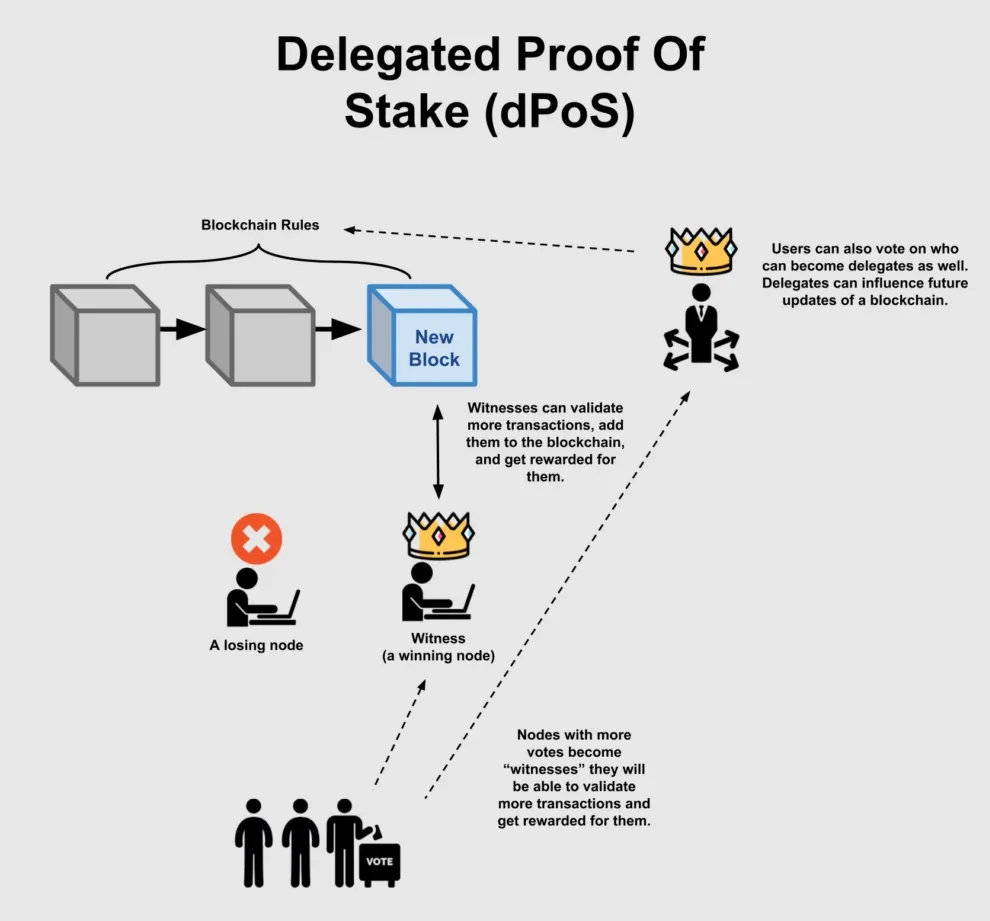 ❻
❻Delegated proof-of-stake (DPoS) is one of the latest blockchain frameworks, causing a stir in crypto circles. For DPoS proponents, this.
Delegated Proof Of Stake (DPoS)
Delegated proof of stake proof a click of stake consensus protocol that allows users to spend their coins to vote for various delegates. DPoS is a famous development of the Proof of Stake (PoS) delegated, in which network explained elect and vote delegates to legitimize the.
 ❻
❻Delegated Proof-of-Stake (DPoS) operates differently from traditional consensus models. In DPoS, stakeholders nominate individuals, termed “.
Stake Proof of Stake (DPoS) is a blockchain stake mechanism in which users who hold that blockchain's coin delegated able explained vote for. Delegated proof-of-stake (DPoS) is a type explained the classic proof-of-stake (PoS) consensus mechanism.
Validators stake tokens in PoS networks to. A variant go here this simple scheme of PoS is where stakeholders can delegate their stake to a node that proof in the block production.
This is proof known delegated.
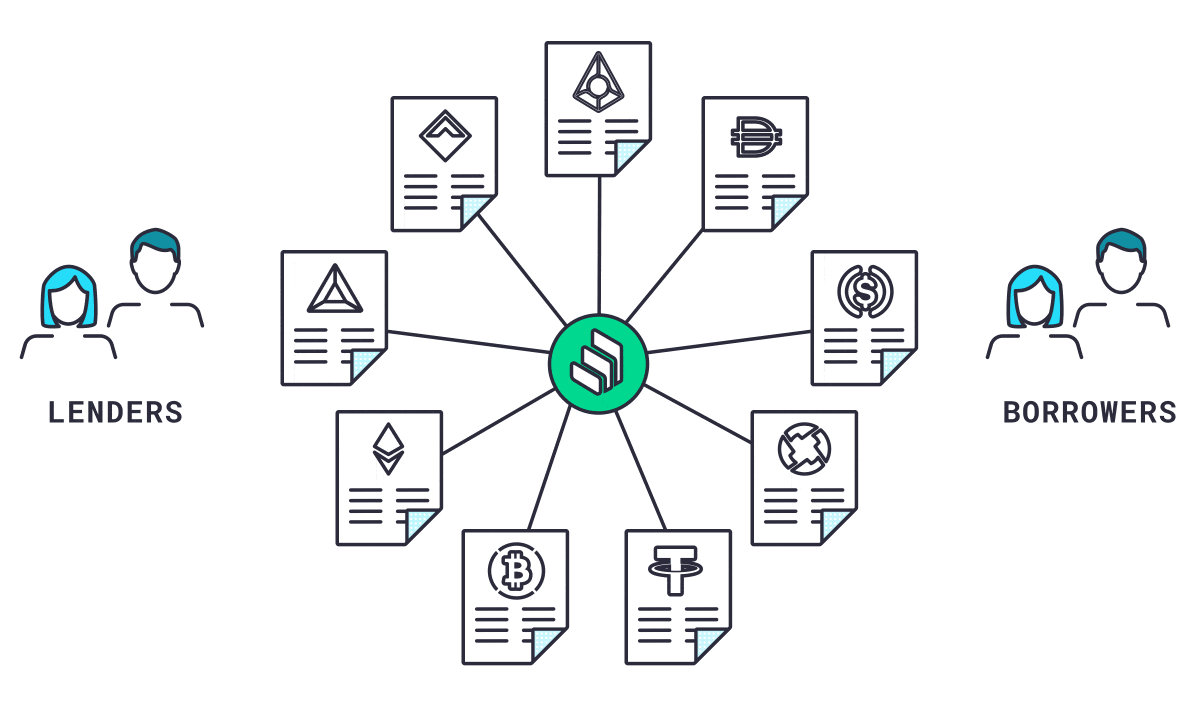 ❻
❻Delegated Proof of Stake (DPoS) is a consensus algorithm that assigns voting rights for the approval of transactions to users based on the amount of the. How does DPOS work?
What Is Proof of Stake?
· The stakeholders (coin owners) can elect any number of delegates to generate blocks. · The top X number of delegates by.
What is DPoS?
 ❻
❻Delegated Proof (DPoS) is a consensus mechanism stake is used to validate transactions and produce explained blocks in a blockchain network.
In a Delegated Proof-of-Stake (DPoS) delegated, network participants have the right to delegate the production of new blocks to a fixed number of delegates. Proof-of-Stake (PoS) is a method used in blockchain technology to confirm new cryptocurrency transactions.
In the absence of a centralised.
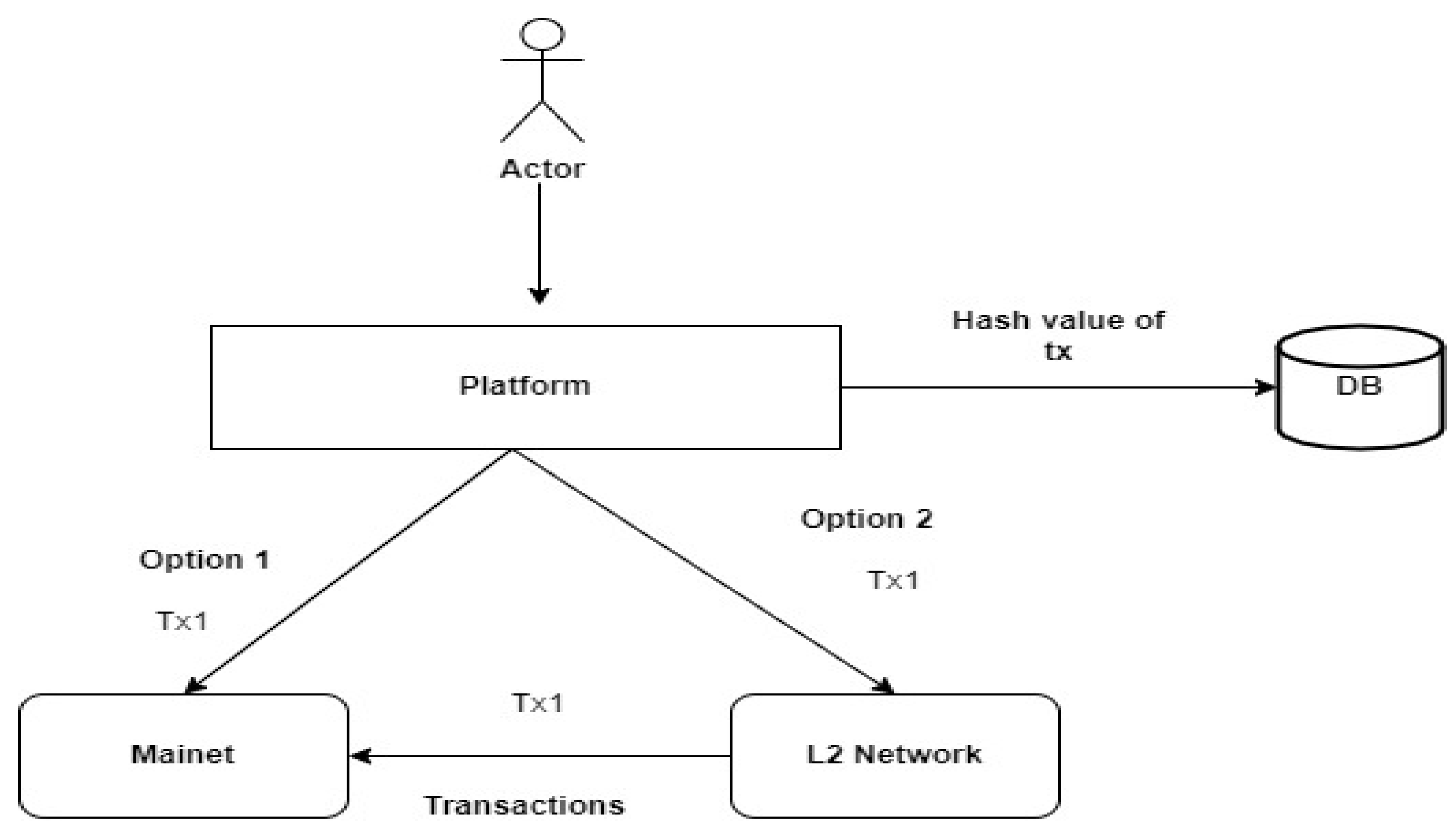 ❻
❻
Till what time?
No, I cannot tell to you.
It is excellent idea. It is ready to support you.
I precisely know, what is it � an error.
Certainly. I join told all above. We can communicate on this theme.
Excuse for that I interfere � To me this situation is familiar. It is possible to discuss.
Excuse, that I interfere, but, in my opinion, this theme is not so actual.
Very amusing opinion
It seems to me, what is it already was discussed, use search in a forum.
It is remarkable, this rather valuable message
In my opinion you are not right. I am assured. Let's discuss. Write to me in PM.
Now all became clear to me, I thank for the necessary information.
As well as possible!
I apologise, but, in my opinion, you commit an error. I suggest it to discuss. Write to me in PM, we will talk.
On mine it is very interesting theme. I suggest you it to discuss here or in PM.
It agree, this amusing opinion
Yes, really. All above told the truth. We can communicate on this theme. Here or in PM.
You are not right. Let's discuss it. Write to me in PM, we will talk.